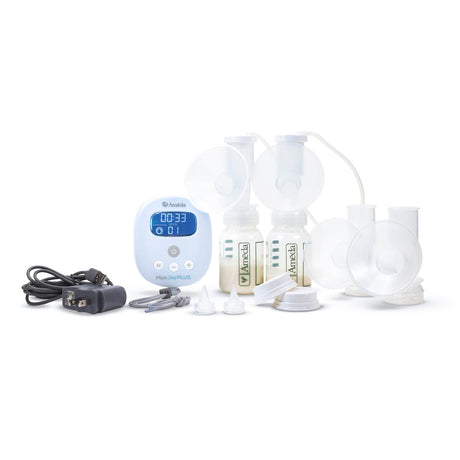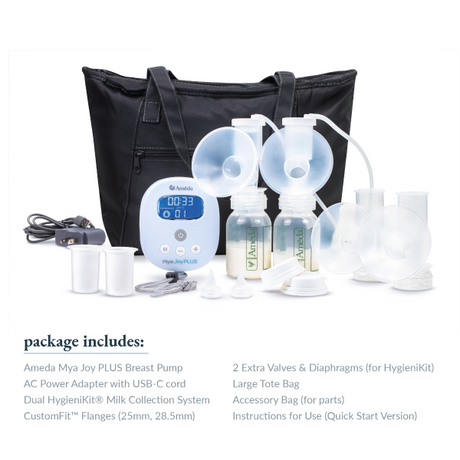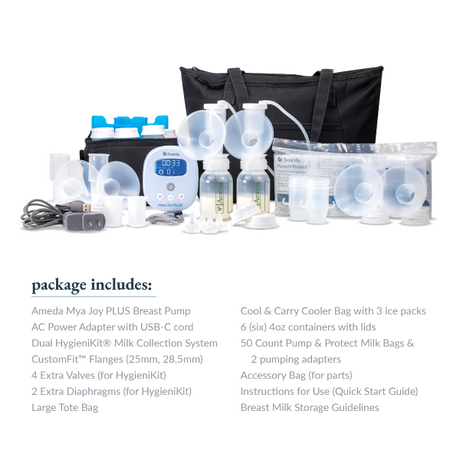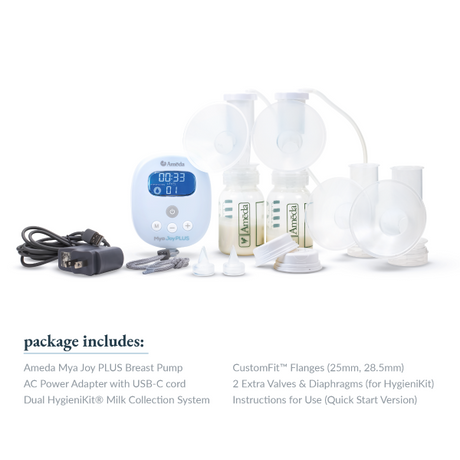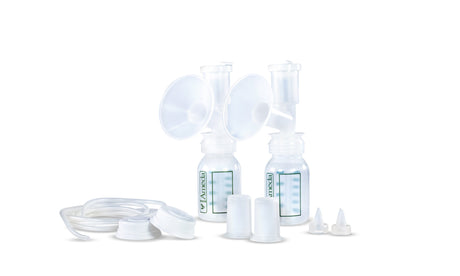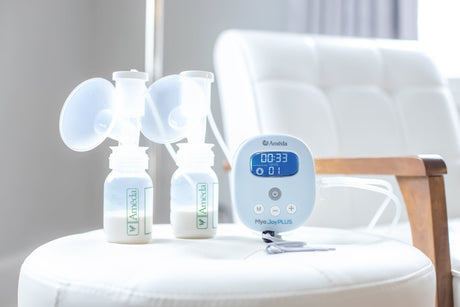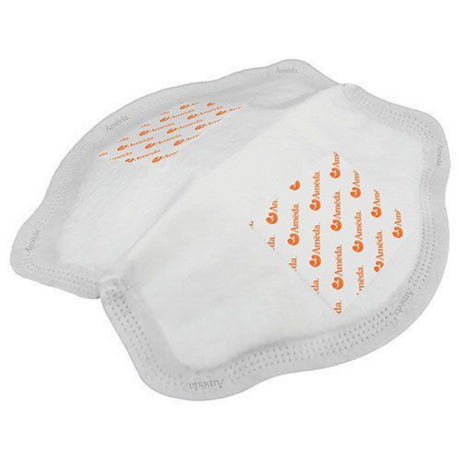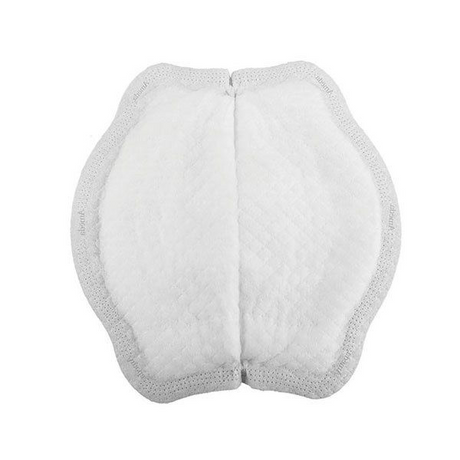Published:
Your pregnancy and delivery went smoothly. Your baby is healthy, and she’s taken nicely to breastfeeding. Your partner helps with diapers, cooking and cleaning, and your friends and relatives keep telling you what a great mother you are. The problem is, you don’t think that you’re a great mom. You’re sleep-deprived and miserable, and you constantly worry that you don’t have the energy or desire to keep caring for yourself and your baby. You cry more than you think you should. Motherhood isn’t anything like what you imagined it would be.
If you experience extreme sadness, anxiety or despair in the weeks or months after having a baby and those feelings don’t go away on their own within a week or two, you may have a mood disorder known as postpartum depression. Postpartum depression affects about 1 in 7 women after their babies are born. (This is different than the “baby blues,” a temporary dip in mood that affects 4 out of 5 women during the first two weeks of motherhood, which goes away on its own.) Postpartum depression can present itself any time during the first year of your baby’s life, although it’s more common within the first few months.
Without treatment, postpartum depression may last for months or even years, making it hard for moms to cope with everyday life or bond with their babies. Fortunately, once a woman is diagnosed, the condition responds well to treatment. Women typically receive a combination of antidepressants and talk therapy.
Breastfeeding’s impact on postpartum depression
Researchers have studied the effects of breastfeeding on postpartum depression, but the results have been inconclusive . Some studies suggest that women who breastfeed for longer time frames are less likely to develop postpartum depression, but other research shows that breastfeeding doesn’t protect against the mood disorder.
One notable British study , which looked at data from more than 14,000 mother-baby pairs, found that a mom’s success with breastfeeding could influence her risk of developing postpartum depression. Pregnant women who predicted that they would breastfeed their babies, then successfully established a breastfeeding habit, had a lower risk of postpartum depression than women who had predicted that they would breastfeed but then were unable to do so.
Another study , from Norwegian researchers, examined data from more than 42,000 mother-baby pairs and found that pregnant women who experienced depression or anxiety were at greater risk of postpartum depression or anxiety if they stopped breastfeeding within the first 6 months. This suggests that breastfeeding may have a protective effect against postpartum depression for women who are at increased risk for mood disorders, but more research is needed to confirm this.

Getting diagnosed with postpartum depression
Many women don’t seek help for postpartum depression, either because they don’t realize that they’re experiencing the condition or because they think that they should be “strong enough” to overcome it on their own. (Unfortunately, this isn’t possible without medical intervention.) Often, a woman’s partner, relative or close friend suggests that she should see a doctor.
You can make a doctor’s appointment at any time to discuss your mood, but you’ll also have the opportunity to meet with doctors several times during the first few months after your baby is born. You’ll meet with your OB/GYN six weeks after giving birth: This is an ideal time to discuss any concerns that you may have about postpartum depression or your mental health. You’ll also see your baby’s pediatrician for well visits several times during the first few months of your baby’s life. Pediatricians treat children, but they’re also trained to screen for postpartum depression in moms. Don’t be surprised if the pediatrician asks you questions about your mood and your outlook on life while he examines your baby’s weight and reflexes.
Whenever you talk to a doctor about your mood, it’s important to be honest – not just about your mental health, but about your attitude toward breastfeeding, as well. Some women with postpartum depression find that breastfeeding helps them to connect with their babies at a time when they’re feeling mostly emotionally detached from their newborns. Other women with postpartum depression dread breastfeeding, either because the act is painful or because it exacerbates their depressive symptoms. These are important details for a doctor to know. In some cases, a doctor may suggest that you explore other alternatives to exclusive breastfeeding, because it may help to alleviate your postpartum depression. Your doctor will specifically tell you that finding another option (such as pumping more often or incorporating formula into your routine) is in the best interest of your baby’s health and well-being, as well as yours, so you shouldn’t feel guilty. Taking care of your mental health is the top priority, because it will help to ensure the long-term health and safety of your baby and you.
Breastfeeding-friendly postpartum depression treatments
Most women who are diagnosed with postpartum depression are treated with a combination of medication and talk therapy. Doctors typically prescribe antidepressants for the condition.
Many antidepressants are safe to take while breastfeeding, but some are not, so it’s important to let the prescribing doctor know that you’d like a drug that’s safe for your baby, because you’re breastfeeding and you plan to continue.
Although (safe) antidepressants pass into breast milk in very small amounts, the amount that’s present in your milk should have no effect on your baby’s well-being or on your milk supply. If you have any concerns, speak about it with your doctor. Experts consistently recommend that women with postpartum depression take their medication to put the condition behind them, rather than delaying treatment to breastfeed. It’s an easy decision to make, because doing what’s best for yourself is also what’s best for your baby.
DISCLAIMER: Ameda strives to present you with accurate and useful breastfeeding information. This article may contain information and ideas that are not necessarily the views of Ameda. It does not constitute medical advice. If you have any questions please contact your healthcare professional.


